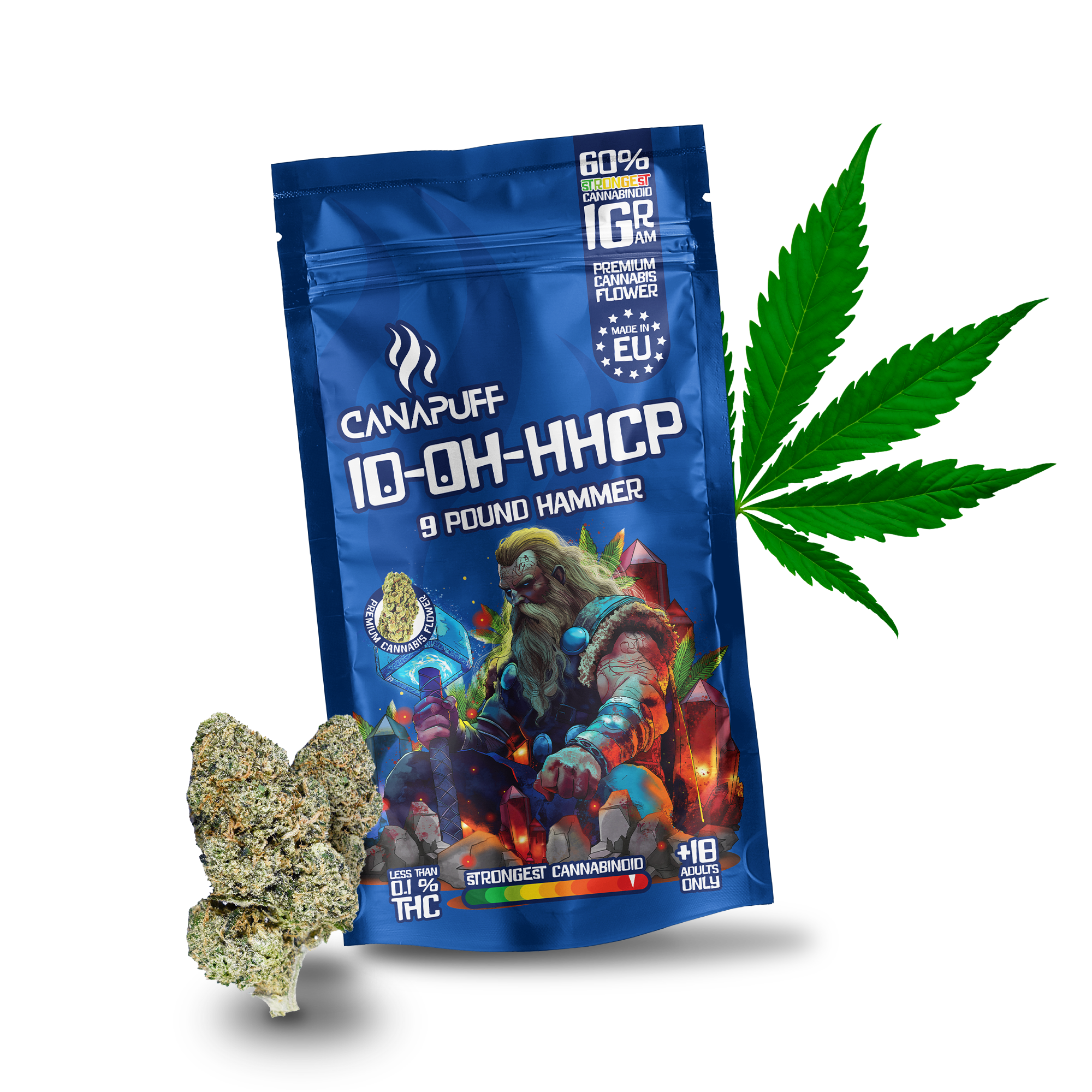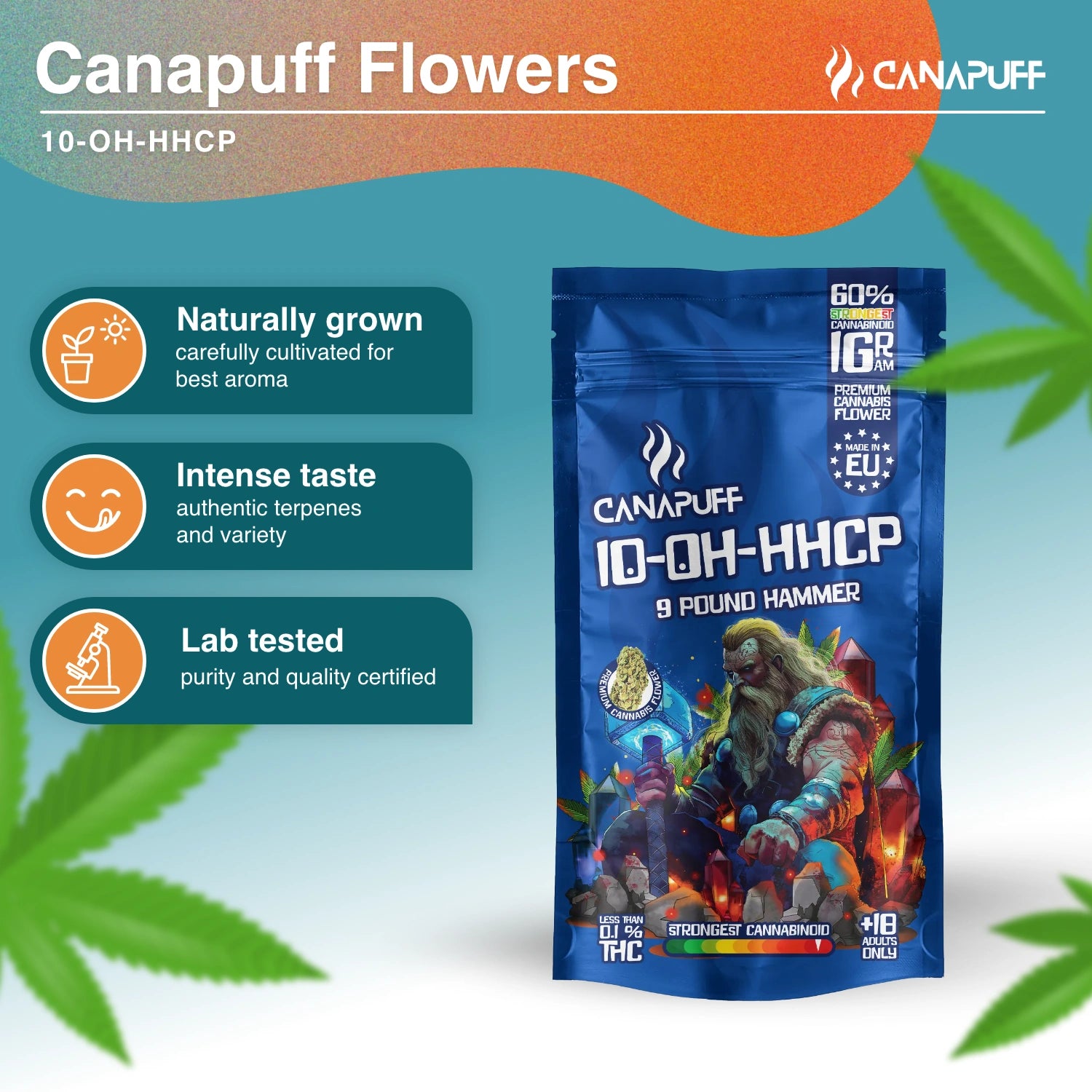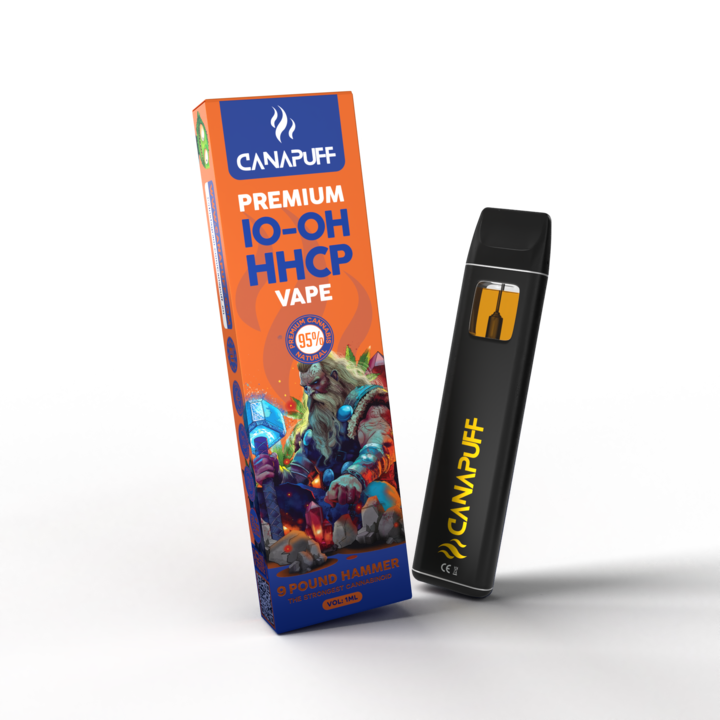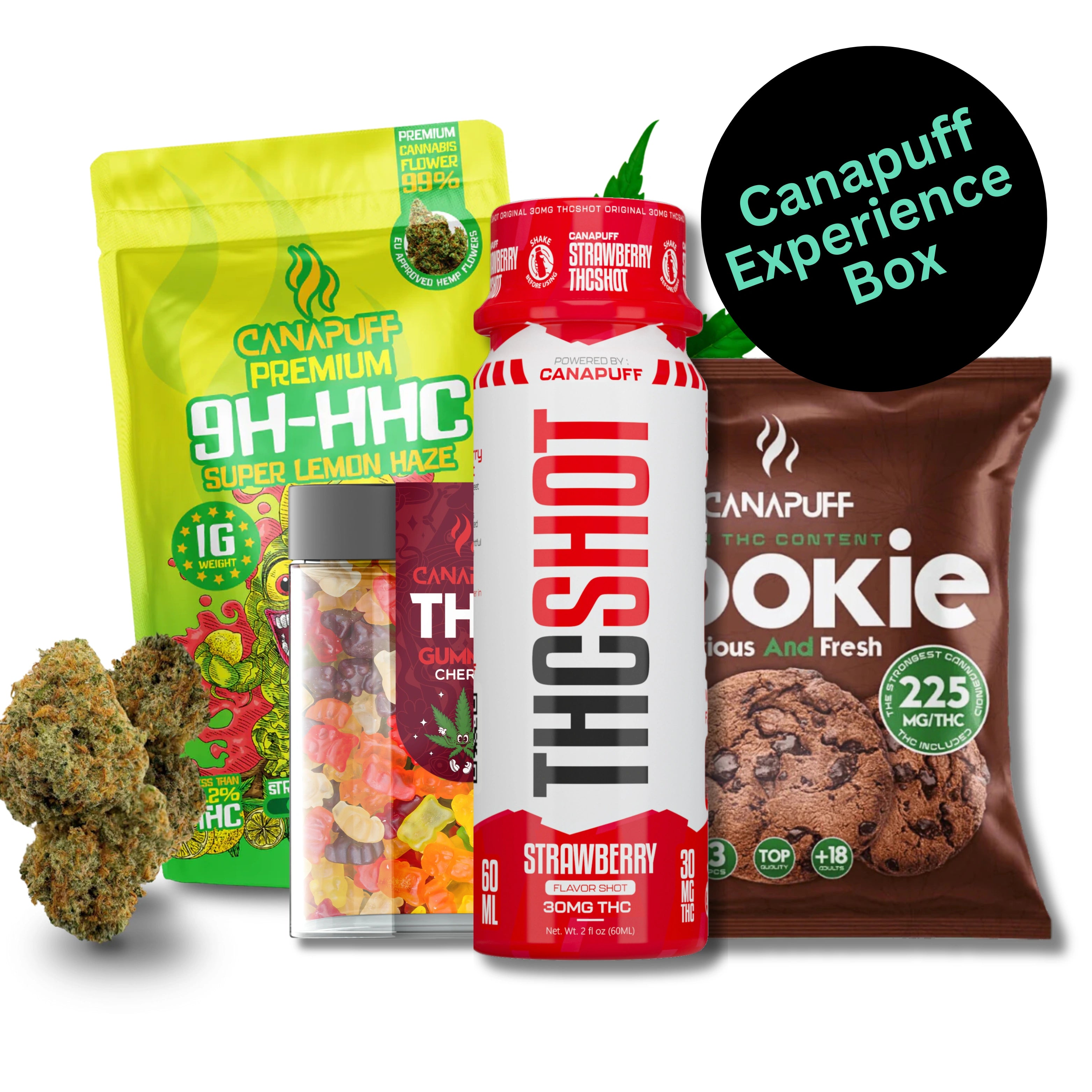CBD tablets are an easy and effective way to consume cannabidiol (CBD), a non-psychoactive compound found in cannabis plants. These tablets provide a convenient alternative to oils and tinctures, making them popular among those seeking the therapeutic benefits of CBD without the hassle of measuring doses. They offer a discreet and straightforward method to incorporate CBD into daily routines.
Benefits of CBD Tablets

Pain Relief
CBD interacts with the endocannabinoid system to reduce pain and inflammation. Studies have shown its effectiveness in treating chronic pain conditions such as arthritis and multiple sclerosis.
Anxiety and Depression
Research suggests CBD can help alleviate symptoms of anxiety and depression by interacting with serotonin receptors in the brain. This makes it a potential natural alternative to pharmaceutical medications.
Neuroprotective Properties
CBD is being researched for its potential to treat neurological disorders such as epilepsy and multiple sclerosis. It has shown promise in reducing seizure frequency and improving quality of life for individuals with these conditions.
Anti-inflammatory
CBD’s anti-inflammatory properties can help with conditions like arthritis. By reducing inflammation, it helps alleviate pain and improves joint function.
Sleep Aid
CBD may improve sleep quality for those with insomnia or other sleep disorders by promoting relaxation and reducing anxiety.
How CBD Tablets Work
CBD interacts with the body’s endocannabinoid system (ECS), which regulates various physiological processes such as pain, mood, and sleep. CBD binds to CB1 and CB2 receptors in the ECS, helping to maintain homeostasis and reduce symptoms of various conditions. The ECS plays a critical role in maintaining the body’s internal balance, and CBD supports its function by enhancing the signaling of endogenous cannabinoids.
Types of CBD Tablets

Full Spectrum
Full-spectrum CBD contains all cannabinoids found in the cannabis plant, including trace amounts of THC (up to 0.3%). This combination provides an entourage effect, where the compounds work synergistically to enhance each other’s benefits.
Broad Spectrum
Broad-spectrum CBD includes multiple cannabinoids but no THC. This type is suitable for those who want to avoid THC while still benefiting from the entourage effect of other cannabinoids and terpenes.
Isolate
CBD isolate contains only pure CBD, with no other cannabinoids or THC. It’s ideal for those looking for CBD’s benefits alone without any other compounds.
Dosage and Administration
Determining the correct dosage can be tricky. It’s best to start with a low dose and gradually increase it until you find the desired effect. Factors influencing dosage include body weight, metabolism, and the severity of the condition being treated. Typically, dosages range from 10 to 50 mg per day.
CBD Dosage Guide
| Weight | Low Dose (mg) | Medium Dose (mg) | High Dose (mg) |
|---|---|---|---|
| < 130 lbs | 10-15 | 15-30 | 30-40 |
| 130-230 lbs | 15-20 | 20-40 | 40-50 |
| > 230 lbs | 20-25 | 25-50 | 50-60 |
It’s important to follow the manufacturer’s instructions and consult with a healthcare provider, especially if you are new to CBD or have underlying health conditions.
Choosing the Right CBD Tablets

When selecting CBD tablets, consider the following factors:
- Source of CBD: Ensure it’s derived from organic hemp.
- Extraction Method: CO2 extraction is the cleanest and most effective method.
- Third-Party Testing: Look for products tested for potency and contaminants. Certificates of Analysis (COAs) should be readily available.
- Brand Reputation: Choose reputable brands with positive reviews and transparency about their processes.
- Ingredients: Check for additional beneficial ingredients like vitamins, minerals, or other natural compounds that can enhance the effects of CBD.
Potential Side Effects and Risks
While CBD is generally considered safe, some people may experience side effects such as:
- Nausea
- Fatigue
- Diarrhea
- Changes in appetite
- Interaction with other medications
It’s crucial to consult a healthcare provider before starting CBD, especially if you are taking other medications or have underlying health issues.
Common Side Effects of CBD
| Side Effect | Description |
|---|---|
| Nausea | Feeling of discomfort in the stomach |
| Fatigue | Feeling of tiredness or lack of energy |
| Diarrhea | Loose or watery bowel movements |
| Changes in appetite | Increase or decrease in hunger |
| Drug interactions | CBD can affect how other drugs are metabolized |
Legal Status of CBD
The legal status of CBD varies by country and state. In the United States, CBD derived from hemp (containing less than 0.3% THC) is federally legal but may be restricted in some states. It’s important to check local laws before purchasing or using CBD products. Internationally, the legality of CBD varies widely, so it’s essential to research regulations specific to your location.
Conclusion
CBD tablets offer a convenient and effective way to enjoy the benefits of CBD. Whether you are looking for pain relief, anxiety reduction, or better sleep, choosing the right type and dosage of CBD tablets can help you achieve your health goals. Always ensure you are buying from reputable sources and consult with a healthcare provider if you have any concerns.


















Leave a comment
This site is protected by hCaptcha and the hCaptcha Privacy Policy and Terms of Service apply.